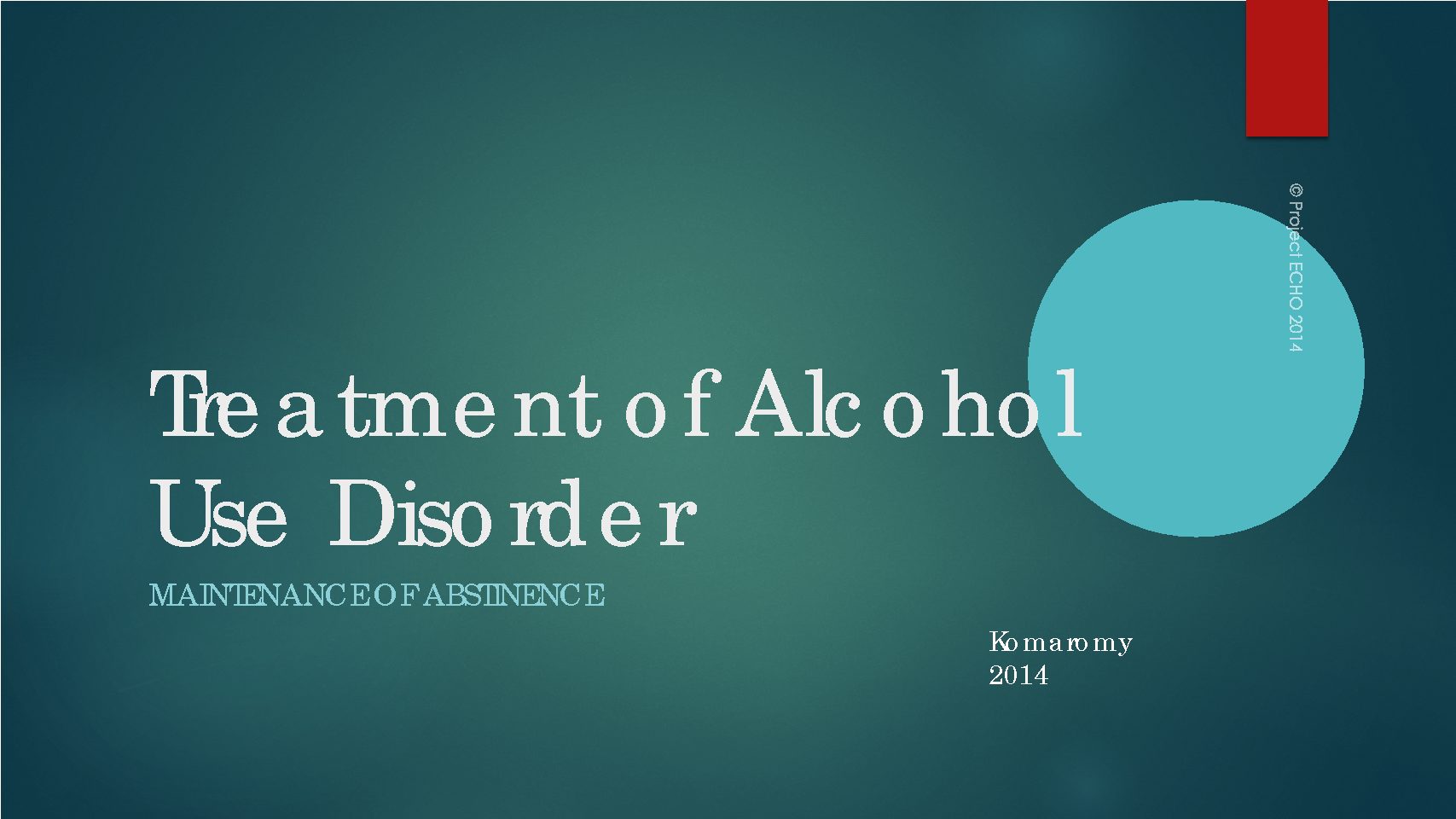However, most people still believe that by going to rehab a person will become healthy and maintain her recovery. But, relapse rates are high (last time I checked, they were hovering around 75%) and, from my perspective, the reason people tend to relapse is that their substance use is usually their primary resource that they use to face life’s challenges. Yet, people still focus on substance use and don’t look at the system of resources, or worse, their own role within the system that the substance user lives in. People are just as symbolic and representative as any other system aspect and can contribute to the severity of a substance user’s problem set. Inpatient treatment, especially if it’s 30 days or less, may assist in a complete detoxification, but that’s simply not enough time to gain the needed recognition a person needs in order to understand the system from which he or she emerged.
The “single variable approach” to recovery simply doesn’t work. We cannot continue to look at substance use as the main problem we need to solve. Rather, we should look to build resources that a person can direct towards his or her health long before they enter formal treatment. If we do not build those resources prior to treatment, then there’s a strong chance that the problem severity will be too much to handle without the substance of abuse.
So, build upon the roles a substance user fills besides the “Addict Identity.” If YOU are thinking of gaining your health, then be a father, brother, friend, or dependable worker. Do your best to relate with the world through roles that have nothing to do with using a substance. Build a foundation of resources, that way, when you do go to treatment, you’ll have something positive awaiting you when you get clean…
We simply cannot continue to look at substance abuse through the lens of substances.

